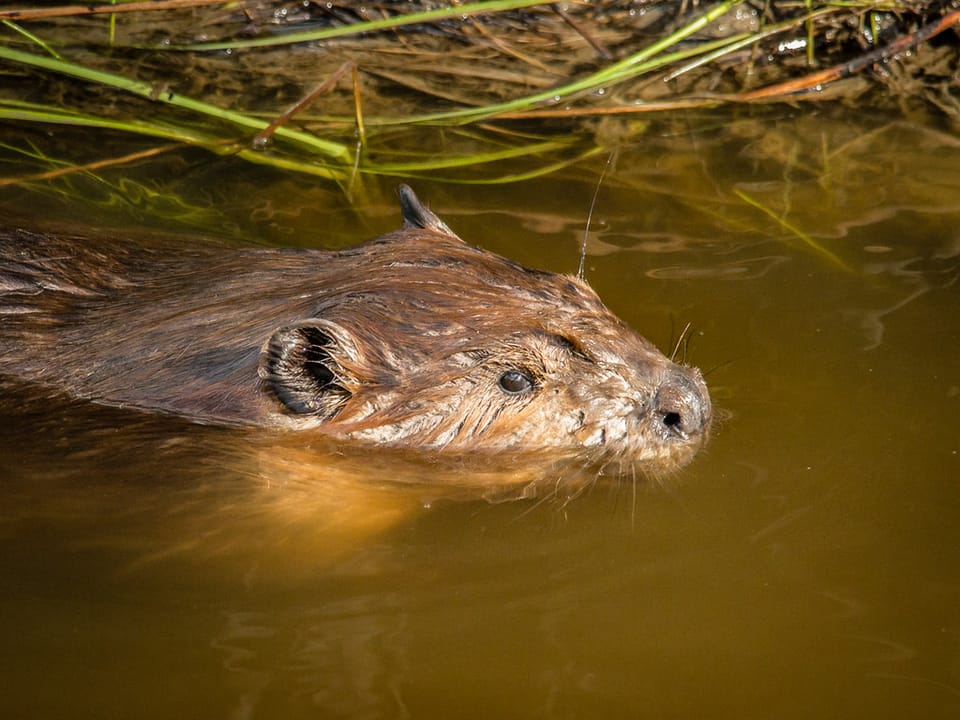EcoWest News, October 25, 2022

Welcome to EcoWest News, a weekly round-up of news and resources that you can put to use in addressing environmental issues and protecting the wild in your community.
Across the West
The Manitoba Museum's Planetarium has received the Canadian Association of Sciences Centres’ Best Program award for its bimonthly home-based live-stream program. [CHVN Radio]
The Canadian Wilderness Stewardship Program, designed to inspire the next generation of environmental stewards by connecting youth to nature, is on offer in Alberta, Manitoba, New Brunswick, and Ottawa Valley. [CPAWS Manitoba]
Research currently underway in Edmonton into storing energy in flywheels rather than chemical batteries could be a game-changer, charging electric buses faster and changing the way sustainable transit is powered. [Future Energy Systems]
The federal government has certified the Fraser River estuary as a Key Biodiversity Area. Approving any further industrialization, such as the proposed container and cruise ship terminals, would be in direct conflict with the aims and objectives of the Key Biodiversity Area program. [Against Port Expansion in the Fraser Estuary]
Residents and tourists delight in walking Vancouver’s sea wall, but it has destroyed the natural coastline and will not be able to cope with rising ocean levels. Alternatives could include softer shorelines, elevated walkways, and living oyster reefs. [The Tyee]
Locals hope that low-tech shoreline restoration work will reduce flooding, protect farmland, and restore biodiversity in the Upper Bulkley River, BC. [The Narwhal]
Across Canada
A new provincial park east of Ottawa will protect southern Ontario’s largest peat bog. [National Observer]
An audit of the federal government’s efforts to protect species at risk found insufficient monitoring, listing, and enforcement. [Environmental Law Centre]
Cross-border scientific collaborations show potential for research on transboundary rivers and watersheds. [Compass]
Technology & Infrastructure
Plugging leaks of chemical refrigerants from existing air conditioners and refrigerators could significantly curb greenhouse gas emissions. Supermarket refrigeration systems, for example, are particularly leak-prone. [Inside Climate News]
Regulations to increase solar panel reuse and support for the solar panel recycling industry are important tasks as we aim for a clean energy future. [Union of Concerned Scientists]
Placing wind energy infrastructure in locations where it will have minimal impact on migratory birds could be enhanced through cross-boundary cooperation. [Conservation Corridor]
New approaches to wildlife crossings are focussing on wildlife conservation in addition to limiting road collisions. [MIT Technology Review]
What If … ?
What if each flight you took was more expensive than the last? We could raise enough money to fund the transition to more sustainable aviation fuels. [Anthropocene]
“Beavers are too often seen as a tool for humans, rather than animals with their own agency and agenda.” Let’s replace “What can it do for me?” with “How can I be a valuable part of interspecies connectedness?” [The Revelator]
Nature’s Wonders
Comedy wildlife photo finalists – a photobombing owlet, a flying horse, and a fish slapping a bear in the face. [The Guardian]
For the first time ever, three endangered spotted owls that were bred in captivity have been released into the wild in BC. [BC Gov News]
Extending personhood to nature is about having "a relationship of reciprocity and regeneration with the natural world." [CBC Radio]
Photo credit: https://www.flickr.com/photos/apmckinlay/14375665372
Do you enjoy reading EcoWest News? Why not share it with a friend and encourage them to subscribe? Thank you!
EcoFriendly West informs and encourages initiatives that support Western Canada’s natural environment through its online publication and the Nature Companion website/app. Like us on Facebook, follow us on Twitter, or subscribe by email.

Member discussion